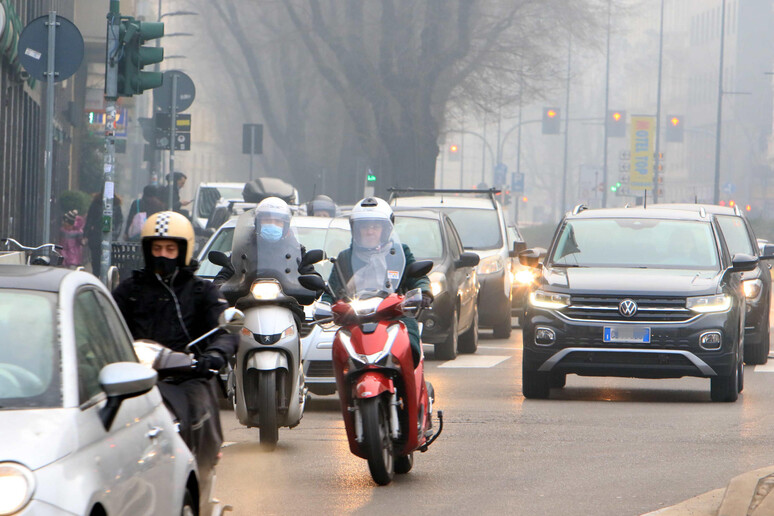Environmental association Legambiente
said in a report on Monday 72 out of 95 Italian cities did not
comply with the law in 2022 because their average level of Pm10
particles was above the World Health Organization's air quality
guideline (AQG) level of 20 micrograms per cubic metre of air.
So only 23, 24% of the total, were below the threshold.
The report said the cities that needed to work hardest to cut
Pm10 pollution were Turin and Milan, where cuts of 43% are
needed, followed by Cremona (42%), Andria (41%) and Alessandria
(40%).
It said Monza was the most badly affected in terms of the finer
Pm2.5 particles, with a 60% reduction needed, followed by Milan,
Cremona, Padua and Vicenza, which needed cuts of 57%.
The cities that need to work hardest to reduce nitrogen dioxide
levels are Milan (47%), Turin (46%), Palermo (44%), Como (43%),
Catania (41%) and Rome (39%).
"The pollution degrowth trend is too slow, exposing cities to
new health risks and penalties," the report said.
The association said having more and bigger areas of cities with
traffic limitations and boosting public transport and shared
mobility were among the ways in which councils can cut air
pollution.
"The direct effects of pollution on human health regard various
systems and organs," said Alessandro Miani, the president of the
Italian Society of Environmental Medicine (SIMA), commenting on
the report.
"The indirect effects lead to an increase of up to 14% in cancer
incidence in the polluted areas".
ALL RIGHTS RESERVED © Copyright ANSA











